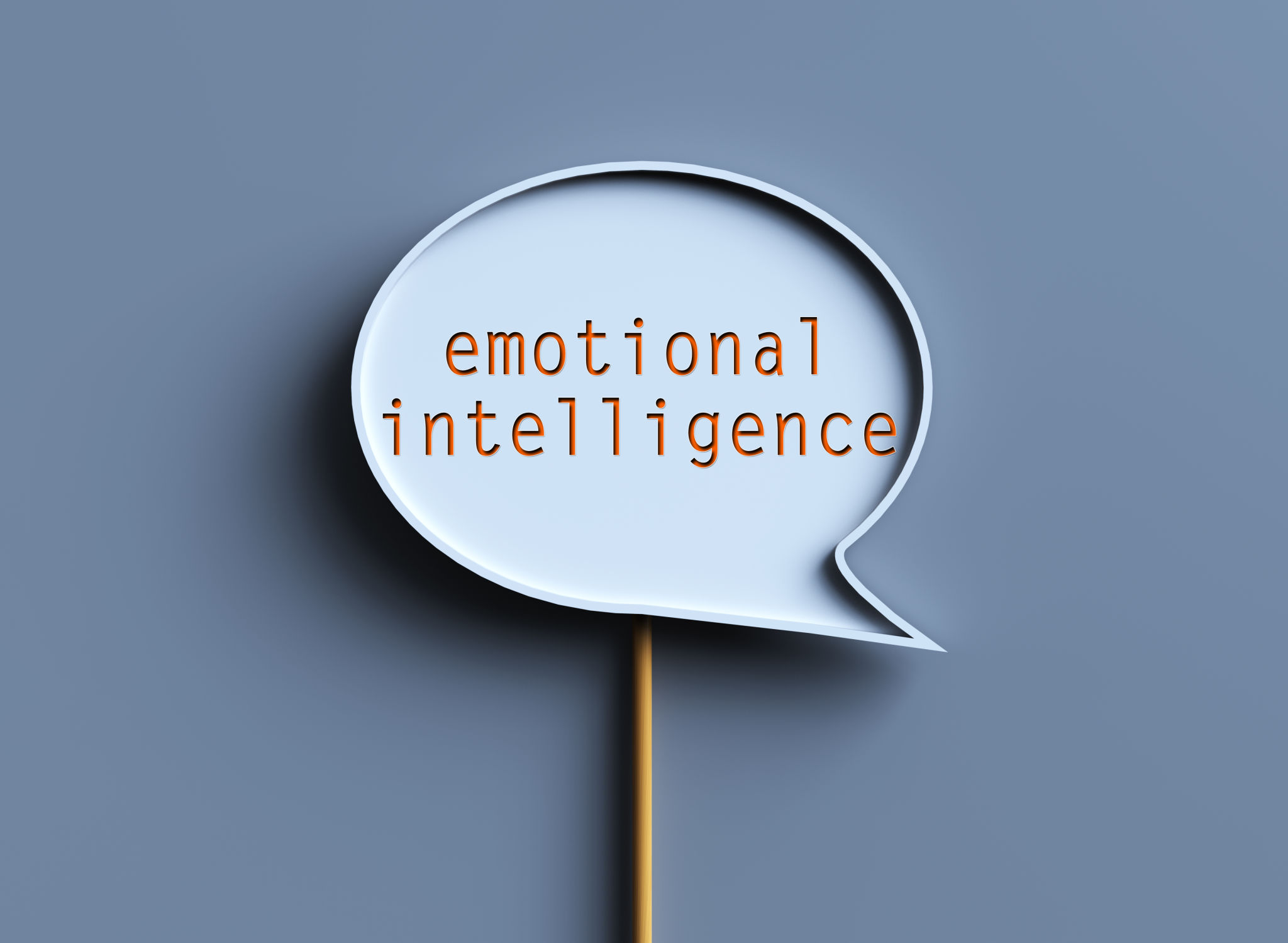AI in HR: Common Misconceptions and Realities
Understanding AI in HR
Artificial Intelligence (AI) is transforming many industries, and Human Resources (HR) is no exception. Despite its growing presence, there are numerous misconceptions surrounding the use of AI in HR. These misconceptions can lead to skepticism and resistance to adoption. It is crucial to separate fact from fiction to leverage AI effectively.

Misconception 1: AI Will Replace HR Professionals
One of the most common fears is that AI will replace human jobs. In reality, AI is designed to enhance the capabilities of HR professionals, not replace them. It automates repetitive tasks, allowing HR teams to focus on strategic initiatives and employee engagement. For instance, AI can streamline the recruitment process by quickly sifting through resumes, but it cannot replace the nuanced judgment of a human in evaluating cultural fit.
Misconception 2: AI Lacks Empathy
Another misconception is that AI lacks the human touch necessary for effective HR management. While it's true that AI operates on data and algorithms, it can also assist in understanding employee needs through sentiment analysis and feedback collection. This allows HR to create more personalized and empathetic approaches to employee relations.

Reality: AI Enhances Decision-Making
AI excels in processing vast amounts of data to provide actionable insights. In HR, this means better decision-making in areas such as talent acquisition, performance management, and employee retention. By analyzing patterns and trends, AI can help predict employee turnover, identify high-potential employees, and improve workforce planning.
Reality: Bias Mitigation
While there are concerns about AI perpetuating bias, it can also be a powerful tool for bias mitigation. When designed and implemented correctly, AI systems can evaluate candidates objectively based on data rather than human biases. However, it's essential to regularly audit AI systems to ensure they remain fair and unbiased.

The Role of HR in AI Implementation
To successfully integrate AI into HR processes, it's important for HR professionals to be involved in its implementation. They should work alongside technology experts to ensure that AI solutions align with organizational goals and ethical standards. This collaboration helps create a balanced approach where technology supports human intuition and expertise.
Future Prospects of AI in HR
The future of AI in HR looks promising. As technology evolves, we can expect more sophisticated tools that further enhance recruitment, employee engagement, and learning and development. Embracing these advancements will require an open mind and a commitment to ongoing learning and adaptation.
Ultimately, the successful integration of AI into HR hinges on understanding its potential and limitations. By addressing misconceptions and embracing the realities of AI, organizations can harness its power to create more efficient, equitable, and effective HR practices.
